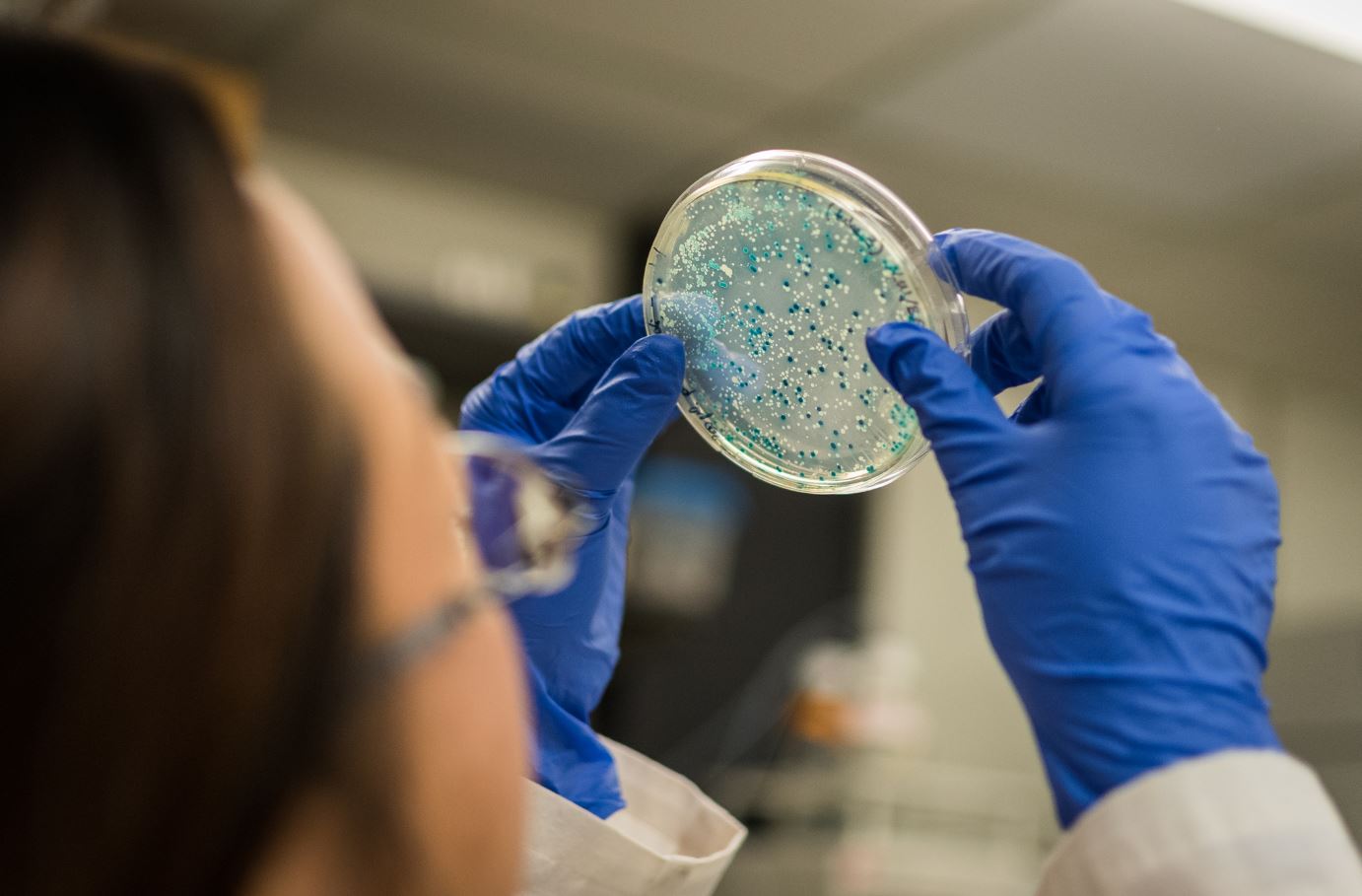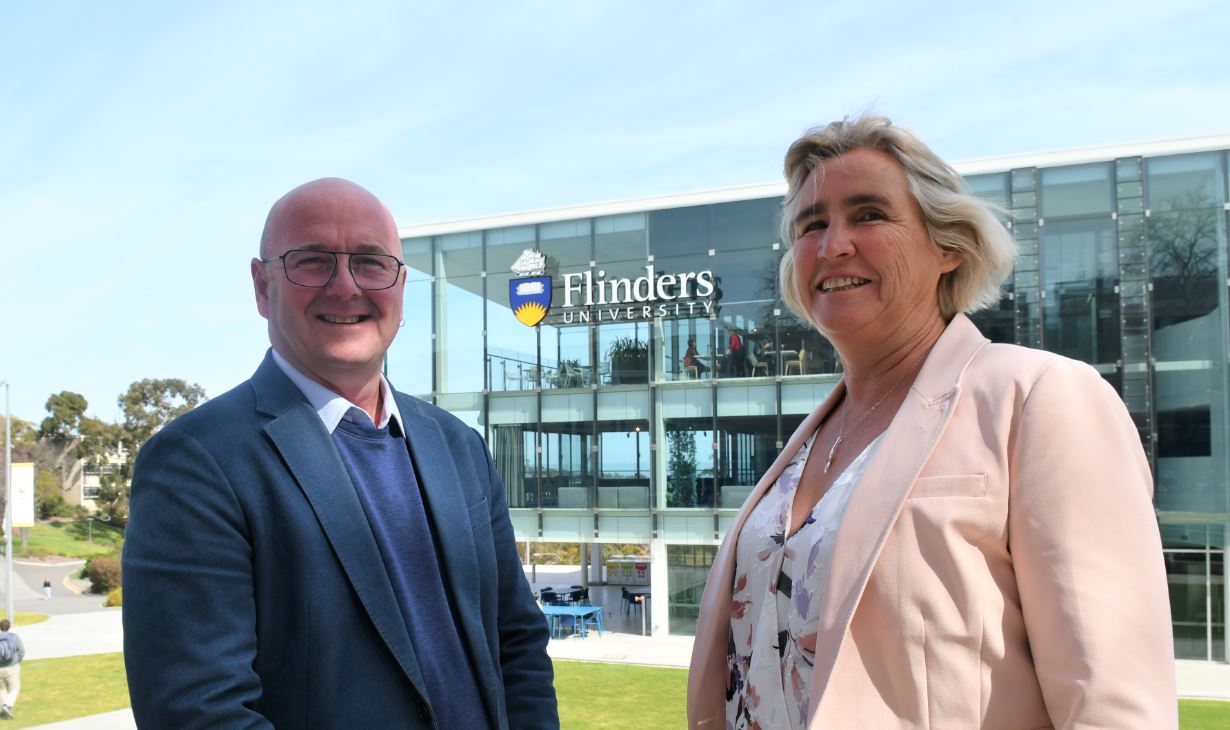
The COVID-19 pandemic dramatically highlights the powerful role microbes have in and on life on Earth. Now two outstanding international researchers are joining Flinders University to work in the vital research field of microbial metagenomics – the analysis of DNA sequences of microbes derived directly from environmental samples.
Professor Robert Edwards, a computer science and biology expert, and marine biologist Professor Elizabeth Dinsdale, a pioneer in the ecology of microbial and viral communities, have moved to South Australia from San Diego State University, California to set up the Flinders Accelerator for Microbiome Exploration (FAME) research group.
Collaborating with researchers across multiple disciplines, Professor Dinsdale and Professor Edwards are the latest Matthew Flinders Professors to join Flinders University.
They have published more than 100 highly cited microbiome (viruses and bacteria studies) and metagenome papers, including a recent Nature Microbiology paper describing the global spread of a human-associated virus (called crAssphage) which they found in more than two-thirds of countries around the world.
This model has since been used as a template for analyses of the spread of COVID-19.

A Fellow of the American Academy of Microbiology, Professor Edwards, and FAME Director of Environmental Microbiomes Professor Dinsdale, will establish an interdisciplinary centre at Flinders University designed to “promote and enhance metagenomics work in the University’s health and life sciences, engineering, nutrition and dietetics”.
“FAME will work with any group to better understand how the microbiome is affecting their area of research, providing scientific support for experimental design, sample collection, data generation (DNA sequencing), bioinformatics and statistical analysis,” says Professor Edwards, FAME Director of Bioinformatics and Human-Microbe Interactions.
Professor Dinsdale says FAME will offer one-on-one consulting or workshops to assist with every step of the process from collecting samples, extracting DNA, sequence library preparation, through bioinformatics and data analysis.
“Metagenomics enables us to describe microbial and viral communities, which are incredibly numerous and difficult to culture, but are critical to growth, reproduction and health of all organisms,” she adds.
Deputy Vice-Chancellor (Research) Professor Robert Saint says the University’s Matthew Flinders Fellow program supports the growing depth and range of world-class research at Flinders University.
“The arrival of Professors Dinsdale and Edwards hugely expands and extends already vibrant bioinformatics and microbiome research communities at Flinders,” says Professor Saint.
“We know so relatively little about the vast microbial world, I look forward to seeing the exciting progress and important discoveries that are certain to follow from the research efforts of the prestigious group of experts that we have assembled at Flinders University.”

